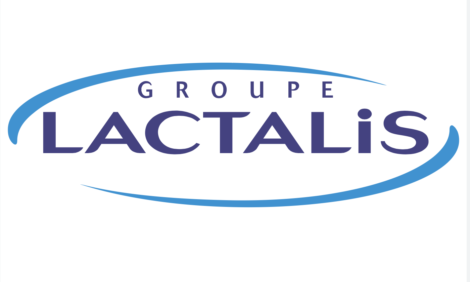



Vets Begin Training on DairyCo Mastitis Plan
UK - The DairyCo Mastitis Control Plan has been launched with the first vet training event taking place in Somerset.The initiative works closely with vets and consultants to roll out farm-specific plans to reduce mastitis and its associated costs. “While in historic terms there has been a notable reduction in mastitis, more recent years have seen bulk milk somatic cell counts remaining at or around 200,000 cells/ml, and there is strong evidence that clinical mastitis has been rising,” says Dr George Fisher, Head of Knowledge Transfer at DairyCo.
On average, mastitis affects 50 to 70 cows in 100 every year, with the costs estimated at £300 per case. The Mastitis Control Plan, which was researched and developed with Nottingham University, Quality Milk Management Services and veterinary specialists, has been proven on-farm to cut mastitis by an average of 20 per cent, and much more in some cases.
DairyCo is investing over £300,000 in the next three years to coach consultants and vets and implement the Plan. “The exciting thing is that we’re working in partnership with vets, who are among the main influencers on farms,” says Dr Fisher. “This is great use of farmers’ money to proactively address one of the biggest issues on farms, which is affecting profitability.”
Andrew Bradley, RCVS specialist in animal health and production, delivered the first training day, which was over-subscribed. “It was very positive - there was a lot of interest and enthusiasm, and a genuine desire to make things better nationally, which is what we need to do.”
The Plan is based on a structured approach to diagnosis, and instead of focussing on treating and culling cows, aims to prevent new cases with holistic and targeted prevention measures. “Too often we look for the answer in a bottle or a tube,” says Dr Bradley. “This is not a do-it-once and walk away scenario – it needs to be ongoing.”
Following initial training the vets will implement the Plan on at least one farm, and then meet again for feedback and advice. They will then roll the initiative out to at least two more farms in the following 10 weeks.
TheCattleSite News Desk



